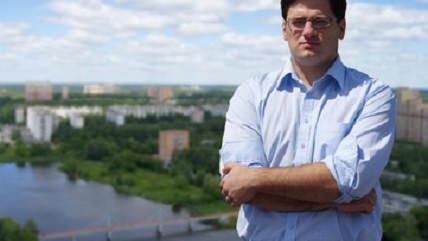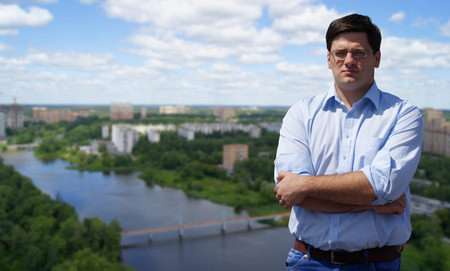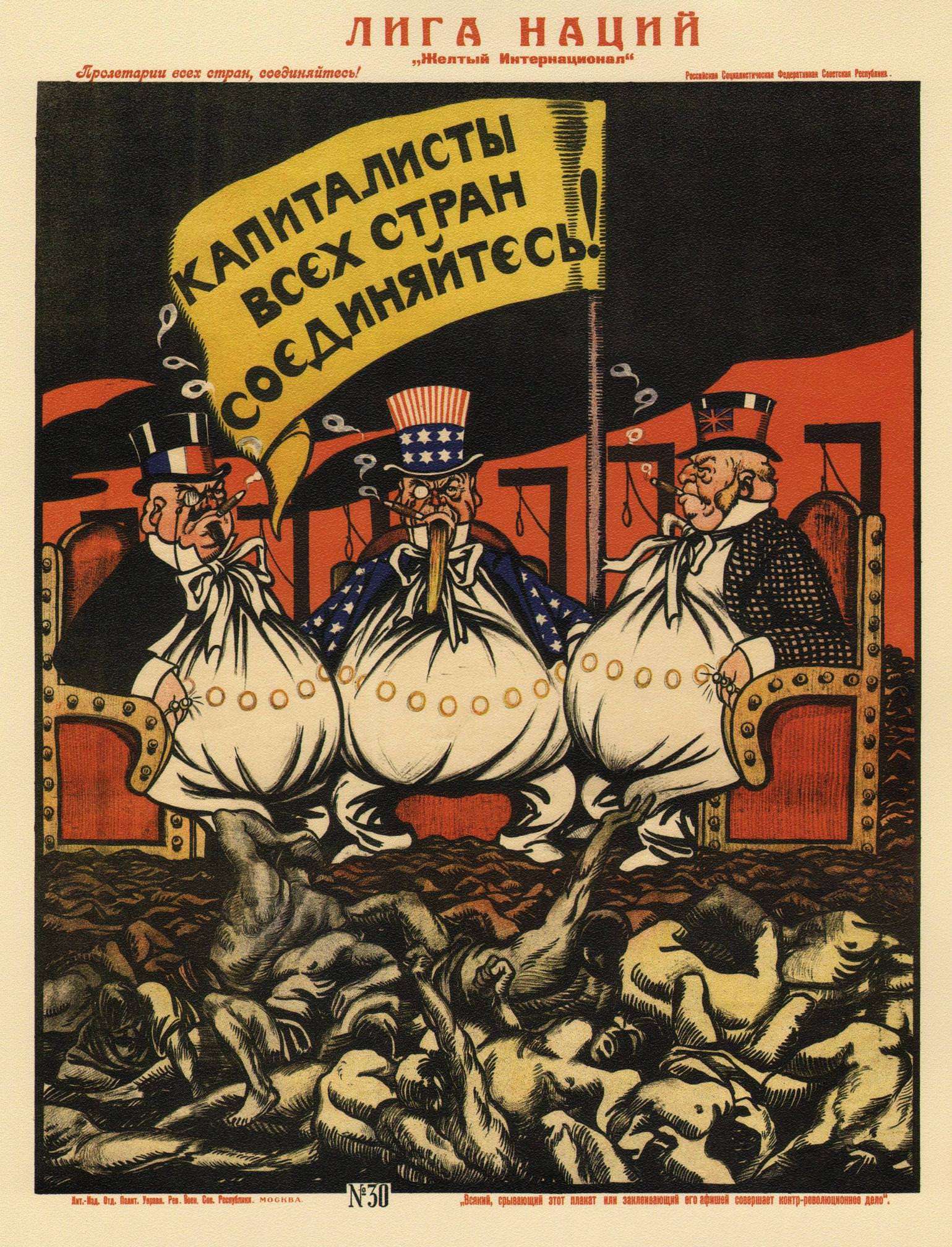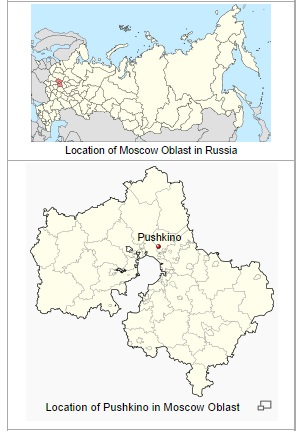From Moscow With Liberty: Meet the Head of Russia's Libertarian Party
Andrey Shalnev just won an election, and he's sowing the seeds of freedom in an unfree nation.


While a libertarian moment blossoms in the United States, the ideas of limited government and personal freedom are catching on elsewhere in the world, too. Reason last month highlighted the victory of a Libertarian in Australia's Senate, and has this year noted campaigns in Canada, ground gained in Costa Rica, and one free market-lover (but controversial military hawk) in Israel. Now, libertarianism is getting a footing in one of the unlikeliest countries: Russia.
Writer, activist, and chairman of the Russian Libertarian Party Andrey Shalnev, 27, won a deputy council position in the Moscow region last month. He had to run as an Independent, but he is the second-ever Libertarian Party member to win office in Russia. This was no easy task. From corruption locally to President Vladimir Putin's crackdown on the nation's minorities, political opposition, and independent media, it's little wonder why Freedom House ranks the country as "not free" (and getting worse).
Shalnev is sowing the seeds of change, and discussed with Reason the personal risk he incurs for his beliefs and the difficulties of promoting liberty in a country where "capitalism" is missing from the collective vocabulary.
Reason: Libertarianism isn't a widely known political philosophy in Russia, correct? How did you come to adopt it?
Shalnev: That's right, libertarianism is hardly a buzz-word outside the narrow circle of political activists in Russia. For a broader audience, any knowledge of what libertarianism is about still lies ahead. It's hard to tell now what exactly made me accept this philosophy, but the following three influences I'm pretty certain about: My family and my upbringing; not exactly libertarian, but they still provided a correct underpinning; my secondary school; I am very lucky to have had very good humanities teachers, my history and sociology teacher was especially good in that, instead of making us rote-memorize historic dates, he coached us in debating and reasoning. And it was probably due to a lucky accident that a link to a book by Hernando de Soto called The Other Path, and an ad announcing a CATO Institute Summer School essay competition had been published on the same webpage, prompting me to participate. Thus the pieces of the puzzle fell into place by the end of 2008.
Reason: What do Russians think of "capitalism"? Can libertarians improve the way Russians think of the concept?
Shalnev: Actually, a contemporary Russian's vocabulary does not contain such a word and he or she will rather talk of "liberalism" in a derogatory context. That is why, instead of going straight for the concepts as such, our political opponents prefer to concentrate on the hodgepodge of myths connected with the word "capitalism," stemming partly from the old-time Soviet upbringing and partly from the erroneous (mis)identification with capitalism of the economic reforms driven by Egor Gaidar's cabinet of the 1990s, reforms that were at best half-hearted half-measures and never yielded the expected fruit. Most of them simply had nothing to do with capitalism.
That said, people here tend to adhere to a variety of the capitalist values in their daily lives here, minus the word itself, for example when interacting and cooperating with each other with no eye to the state. They just don't realize that that's exactly what it is, capitalism.

Reason: What aspects of libertarianism might other Russians identify with most?
Shalnev: Kakha Bendukidze was right in asserting that Russians are natural-born or grassroots libertarians in that they don't trust their government in their everyday lives. True, they may be led on by the government propaganda with respect to geopolitics and stuff, but not in matters of day-to-day existence. That is not to suggest that this alone can make one a libertarian proper.
Also, the number of those opposed to military draft is also on the rise.
Russians are beginning to show a cautious desire for a decentralized government. People want to deal with their issues on the ground rather than get involved in an uphill struggle against government agency after government agency of Putin's infamous "executive vertical," which was established precisely to make you lose your patience and make you surrender.
Reason: Last year when Reason spoke to Russia's first-elected Libertarian, Vera Kichanova, the party was not officially registered yet. Is it now?
Shalnev: Alas, we have not been able to get officially registered so far. After the initial liberalization of 2012, the authorities have made the procedure so much more complicated by piling new requirements upon new requirements. Furthermore, whatever privileges registration with the authorities might have carried initially, they have all broken down in meaninglessness due to recent amendments to the relevant legislation. In a short while we will decide whether to continue our struggle for registration or to carry on without it.
Reason: How did you become the chairman of the party?
Shalnev: It so happened that in the run-up of the first Libertarian Party convention on February 19, 2011, the question arose whether we needed a chief coordinator or manager. We decided that we did, and of all the candidates I alone was prepared at the time to fully commit my time and energy to the task. As a result, many of the skills I now possess had to be picked up as I went along, after I had been elected chairman.
Reason: Do you have a strategy for getting more people to join the party, whether it becomes official or not? Any plans to build alliances with other parties?
Shalnev: We're planning a more active work across the regions of Russia, many of them a veritable political vacuum. By the end of 2015 we will have built up a sustainable core framework of, say, the 15 most efficient regional branches carrying out uninterrupted libertarian outreach. To this end, we will be coaching our activists in all the necessary skills. We're also planning a number of regular events across those regions, probably along the lines of our Free People Forum.
We have never refrained from tactical cooperation with other political organizations where common cause was at stake. The broadest coalition we're involved in concerns gun rights. Alongside other parties, we take part in the Peace March protesting against Russia's military intervention in Ukrainian affairs. Our regional branches are involved in a number of joint projects.
Reason: What kind of difficulties did you encounter during your campaign, and how did the public respond to your campaign?
Shalnev: Russian laws forbid you to indicate your membership in a political party, unless your party is registered with the authorities. The election was a pretty tough going, and I won't hesitate to call what my team and I did a real feat. We came second, beating 17 other candidates (the Council has 5 seats in all), almost all of them pro-government, pro-ruling party, having recourse to administrative pressure, buying votes during early voting, and having access to budget money to fund their campaign. The chief trouble with my opponents was that they had to use every trick in the book, even break the law, while we were playing things straight. All our voters/constituents were friendly. But the main thing was that, although, after the 25 years of politicians lying to them people had lost faith in their ability to change the existing system, I managed to convince them that that was precisely why I was running—because other politicians will never look after our interests or campaign for genuine freedom.

Reason: What can you accomplish as the deputy councilman of the Pushkino District?
Shalnev: The bottom line is to bring this level of power closer to people at the grassroots, to empower them to participate in decision-making. Then I will be pushing for the abolishment of land tax for persons.
Reason: As an elected official that is part of the opposition, are you safe? Have you ever been arrested or detained?
Shalnev: The status of an elected official, if anything, serves to increase personal risks as Russians have almost no immunity against persecution coming at the hands of the state. Yes, I was detained once, at a rally supporting political prisoners on December 15, 2012. I was fined 20,000 rubles ($650) then.
Reason: What is the next big event or step forward for the Russian Libertarian Party?
Shalnev: We're now making preparations for the 6th Adam Smith Forum in Moscow, one of the foremost libertarian events in Russia.
Reason: How is the current political situation in general in Russia? What is good and what is bad from a libertarian's perspective?
Shalnev: Well, happy news is sadly scarce, except perhaps that, despite the tightening of the screws and a crackdown on political activism, tens of thousands of Muscovites can still without fear turn out for a protest rally.
Bad news, on the contrary, is plentiful. But the worst part of it is the Ukraine war effort. The blame falls on the Russian government and personally on Vladimir Putin who has unleashed a bloodshed that has already claimed thousands of lives and undermined many of the country's achievements, to say nothing of the fact that it has cast all Russians in the role of aggressive 21th century barbarians.
Reason: Who else besides libertarians can bring the ideas of freedom to Russia? Will it be other dissident political figures like Alexei Navalny, cultural figures like Pussy Riot, or someone else entirely?
Shalnev: Inculcating values is no easy matter. What seems more feasible is creating social institutions that would foster such processes. But this is the responsibility not of politicians but of the citizens themselves. It is they who will have to try and learn to interact directly with one another cutting out the state-middleman completely.


Show Comments (82)